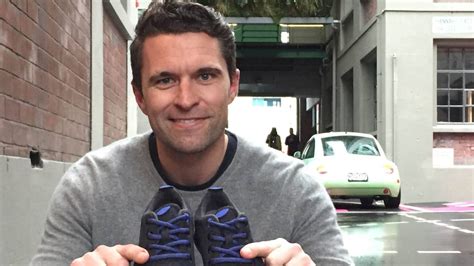A Quote by Peter Drucker
Progress is obtained only by exploiting opportunities, not by solving problems. When you solve problems, all you do is guarantee a return to normalcy.
Related Quotes
Solving problems is fine, but it has gotten to the point of being a global obsession. We somehow have it in our heads that if we solve all of the problems, we can sit back and enjoy the easy life. But in reality, we become lazy and complacent. And that's when we get flooded with even bigger problems.
Solving problems is a practical skill like, let us say, swimming. We acquire any practical skill by imitation and practice. Trying to swim, you imitate what other people do with their hands and feet to keep their heads above water, and, finally, you learn to swim by practicing swimming. Trying to solve problems, you have to observe and to imitate what other people do when solving problems, and, finally, you learn to do problems by doing them.
Solving the population problem is not going to solve the problems of racism, of sexism, of religious intolerance, of war, of gross economic inequality. But if you don't solve the population problem, you're not going to solve any of those problems. Whatever problem you're interested in, you're not going to solve it unless you also solve the population problem. Whatever your cause, it's a lost cause without population control.
It is in the whole process of meeting and solving problems that life has meaning. Problems are the cutting edge that distinguishes between success and failure. Problems call forth our courage and our wisdom; indeed, they create our courage and our wisdom. It is only because of problems that we grow mentally and spiritually. It is through the pain of confronting and resolving problems that we learn.
When people come to you with problems or challenges, don't automatically solve them. As a mama bear, you want to take care of your cubs, so you tend to be protective and insulate them against all those things. But if you keep solving problems for your people, they don't learn how to actually solve problems for themselves, and it doesn't scale. Make sure that when people come in with challenges and problems, the first thing you're doing is actually putting it back to them and saying: "What do you think we should do about it? How do you think we should approach this?".


































